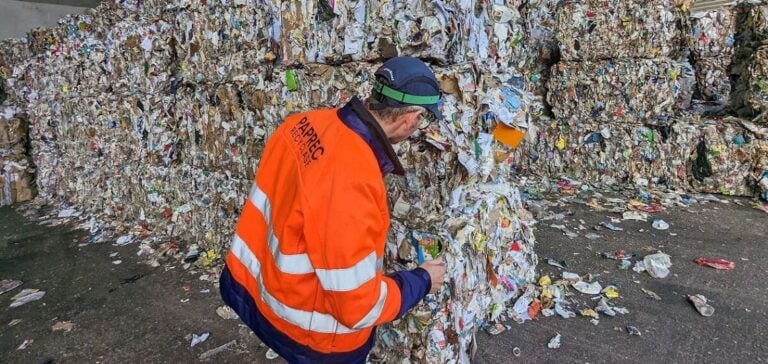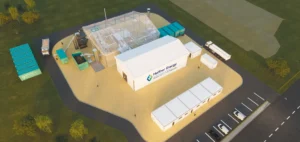The French Paprec group, renowned for its expertise in waste treatment, is committed to the construction and operation of the largest waste recovery center in overseas France. The initiative, based in La Réunion, is supported by the Ileva joint association, which brings together three of the island’s intercommunal bodies. The project represents a colossal investment of 200 million euros in waste management, and will ultimately make the island self-sufficient in energy and reduce its dependence on fossil fuels. This goal is reminiscent of the global objective towards which the overseas territories are striving: green energies are a challenge to be met by 2030.
Environmental and energy impact
88% dependent on fossil fuels, the island is seeking to diversify its energy sources and reduce its carbon footprint. Just as Guadeloupe is seeking to acquire its energy sovereignty, the Paprec project should enable Réunion to do the same. Paprec’s waste recovery center represents a major step forward in this direction. By managing 60% of the island’s waste, this project will not only reduce the amount of waste sent to landfill, but also generate clean energy from non-recyclable waste. The installation of anaerobic digestion and solid refuse fuel (SRF) preparation facilities, as well as the construction of a boiler for SRF incineration, bear witness to the innovative, multi-purpose approach of this project.
Technological Innovation
Paprec’s project is based on the integration of cutting-edge technologies for waste sorting, recycling and energy recovery. By combining anaerobic digestion, CSR preparation and incineration facilities, the waste-to-energy cluster aims to maximize resource recovery and minimize waste sent to landfill. This approach ensures optimum use of available resources.
Outlook for the future
Completion of this major project is scheduled for the end of 2026. In addition to the obvious environmental and energy benefits, this waste-to-energy cluster should also stimulate the local economy by creating jobs and fostering the development of skills in the fields of waste management and energy. What’s more, the project will serve as a model for other regions facing similar waste and energy challenges, paving the way for a transition to a sustainable, circular economy.
The Paprec Group’s project to build the largest waste-to-energy plant on Reunion Island represents a major step forward in the sustainable management of resources and the island’s energy transition. By combining technological innovation, positive environmental impact and promising future prospects, this initiative is proving to be an essential catalyst for the transformation of Réunion’s energy and environmental landscape.






















